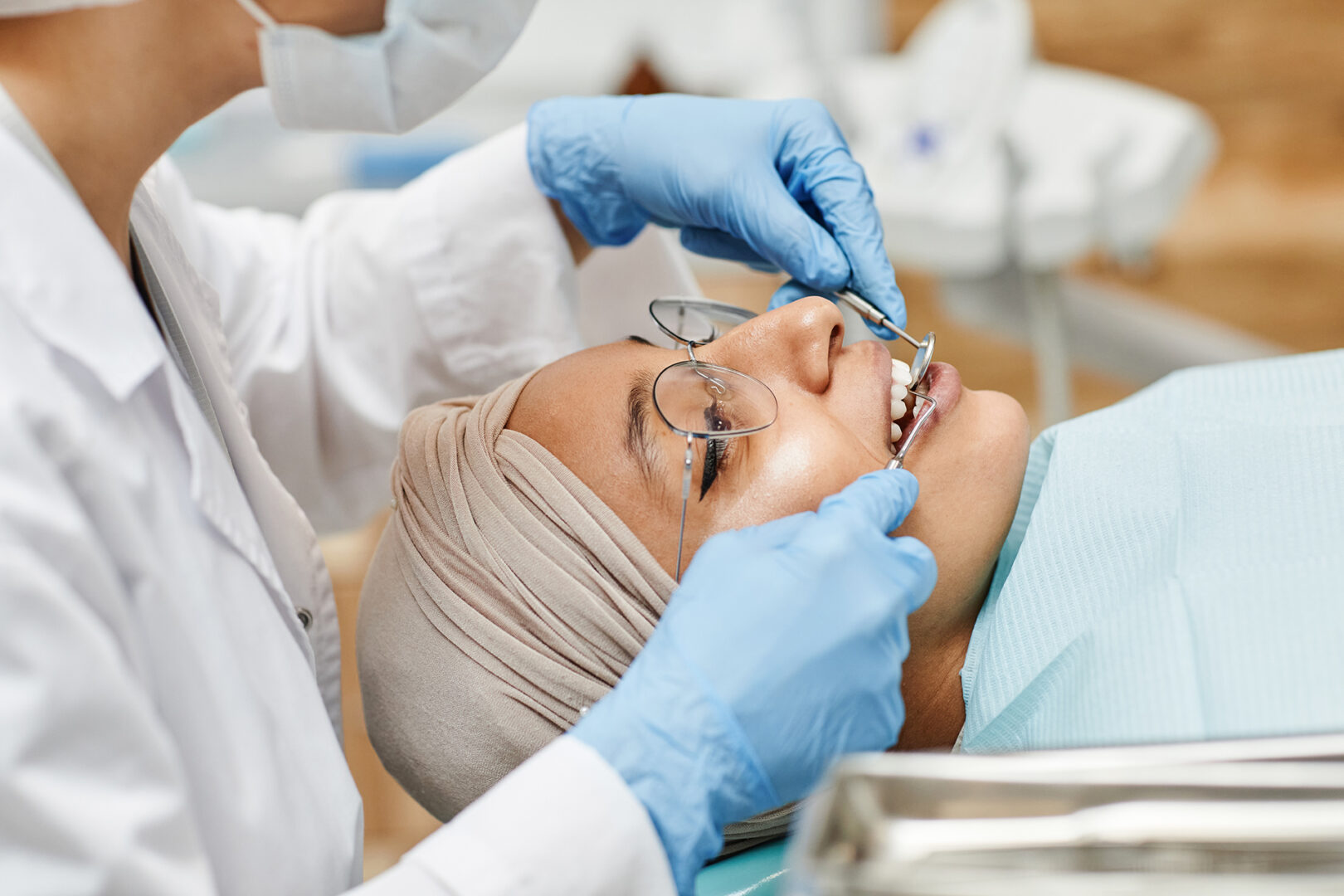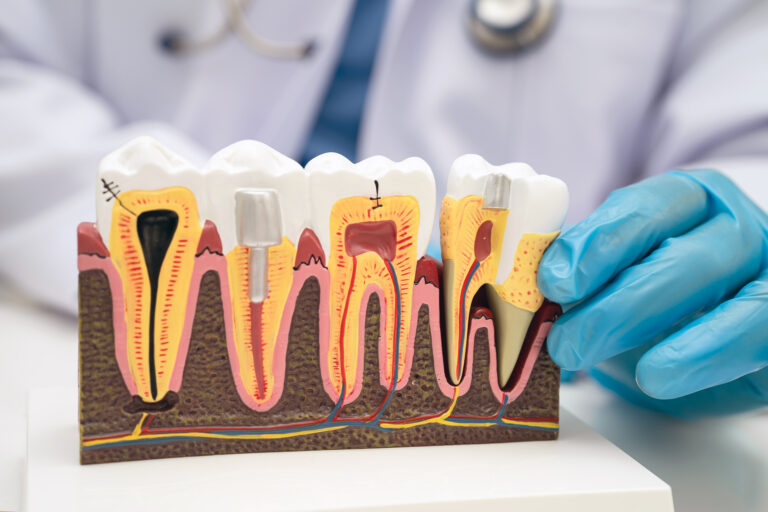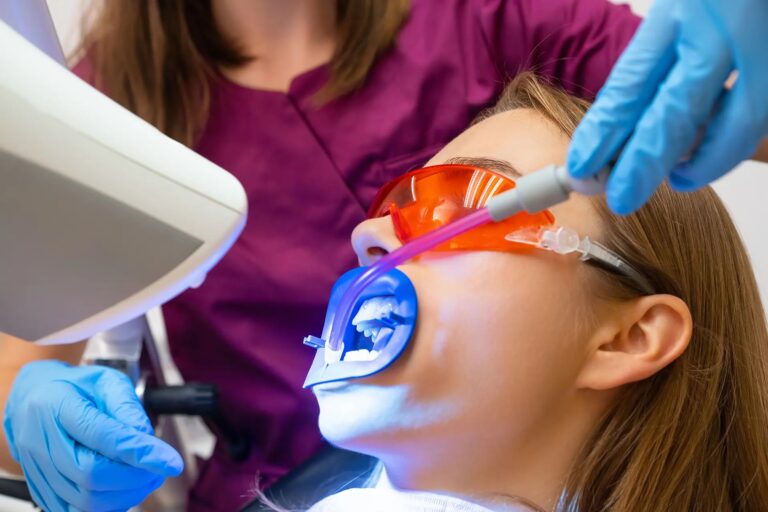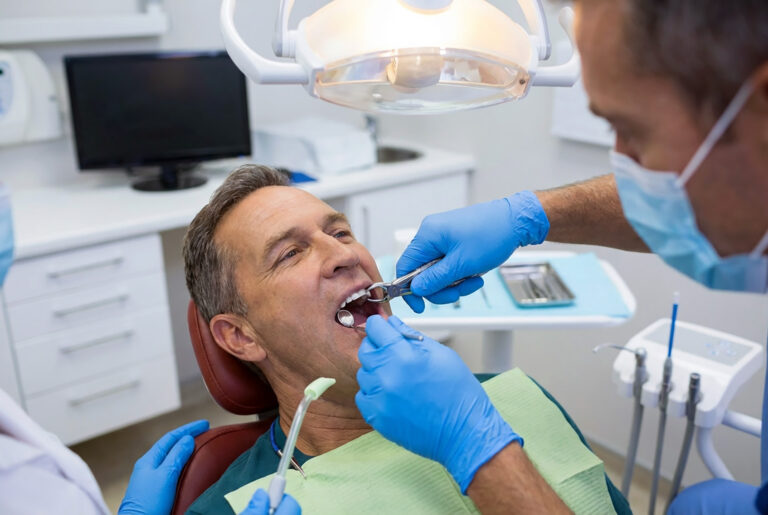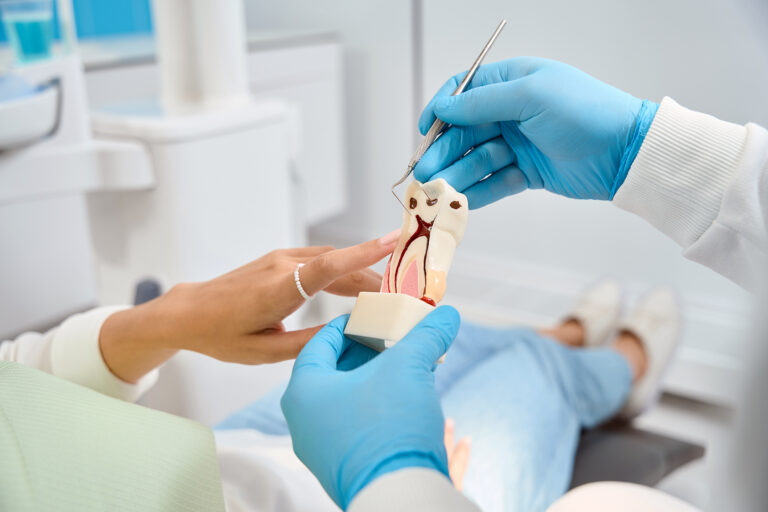Dental crowns are a robust solution that can fix many dental problems, including tooth decay, cracked and damaged teeth. Since their purposes vary, the cost of dental crowns in Singapore also varies depending on the type of crown and the dental laboratory used. Still, it is a worthwhile investment in your oral health.

What Is a Tooth Crown?
A tooth crown is a cap that covers the entire visible part of your tooth above the gumline. Think of it as a helmet for your damaged tooth, custom-designed to match your natural teeth in shape, size and colour.
Dental crowns are both functional and aesthetic restorations. The crown becomes the new outer surface of your tooth, protecting the vulnerable structure beneath. They’re designed to withstand the regular forces of biting and chewing while blending seamlessly with your natural teeth.
Unlike more conservative treatments, such as fillings, which repair only a part of a tooth, crowns cover the entire tooth. This makes them ideal for teeth that have been extensively damaged or decayed, have undergone root canal therapy, or have weakened over time due to decay.
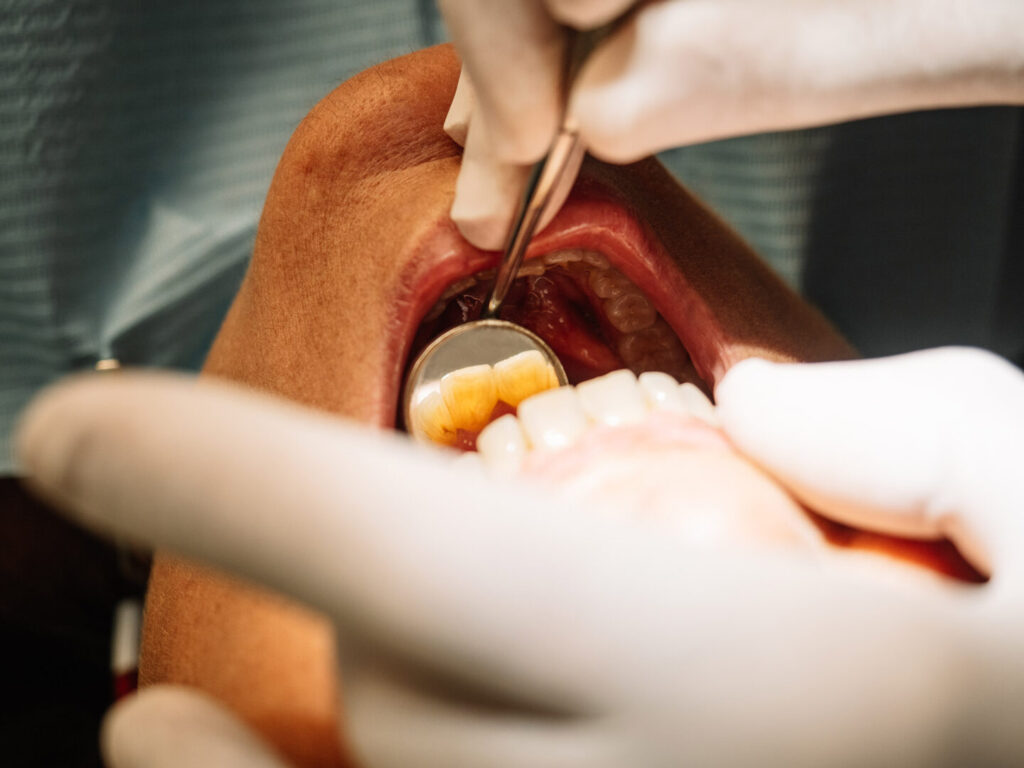
Types of Dental Crowns & Materials
Several types of dental crowns are available, each with its characteristics and benefits suited to different needs. Your dentist will talk you through your available options to help you see what makes the most sense for you:
- Porcelain crowns are a popular choice due to their natural appearance and durability. They resemble natural teeth, making them an excellent option for more visible teeth, such as front teeth. Porcelain crowns are also stain-resistant, providing a long-lasting and aesthetically pleasing result.
- Metal crowns, made from gold or base metal alloys such as nickel-chromium, are renowned for their strength and durability. They are used for back teeth, where the forces of biting and chewing are greatest. Although their metallic appearance may not be suitable for visible teeth, their durability makes them an excellent choice for out-of-sight molars.
- Zirconia crowns are a modern advancement in crown materials. Known for their high strength and aesthetic properties, zirconia crowns offer a natural look with exceptional durability. They are biocompatible and chip-resistant, suitable for patients with metal sensitivities or those who want a long-lasting, natural-looking restoration.
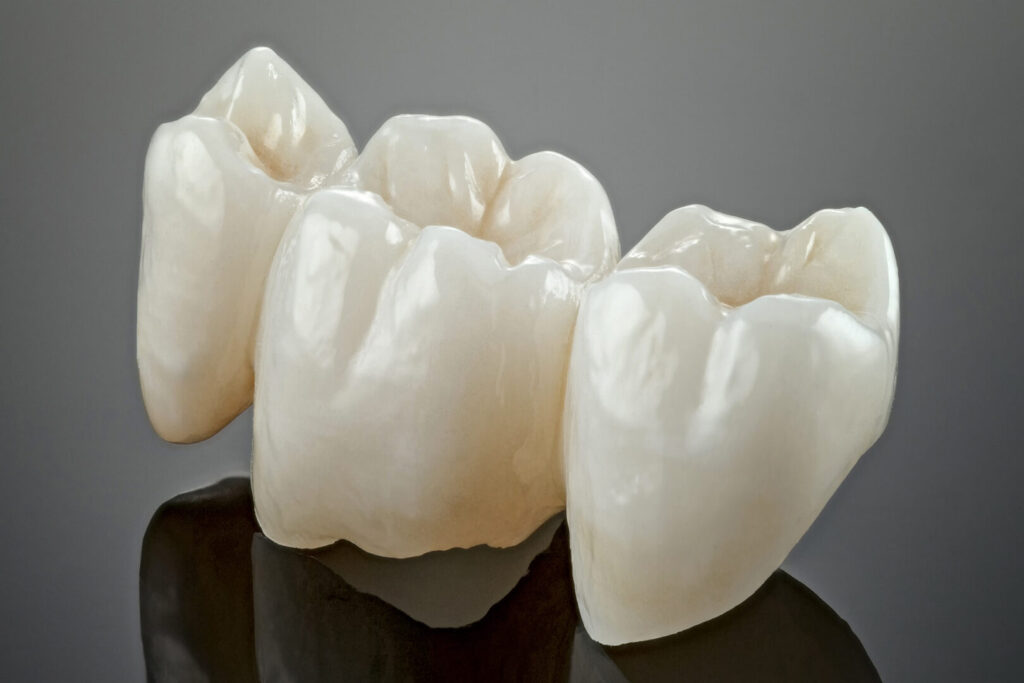
When Is a Tooth Crown Necessary?
A tooth crown is necessary when a tooth has been severely compromised but still has enough healthy structure to support a restoration. Large cavities that have destroyed significant parts of the tooth, teeth that have undergone root canal treatment, or teeth with multiple large fillings that have weakened the natural structure are prime candidates for dental crown placements. Crowns can also protect adjacent teeth that may be damaged or decayed.
Beyond these functional purposes, dental crowns can address aesthetic concerns by covering severely discoloured or misshapen teeth when veneers aren’t suitable.
Cracked teeth also benefit from crown placement as the restoration holds the pieces together and prevents further damage. Without this protection, cracks can progress deeper into the tooth, potentially reaching the innermost layer of tissue and requiring more invasive treatments.
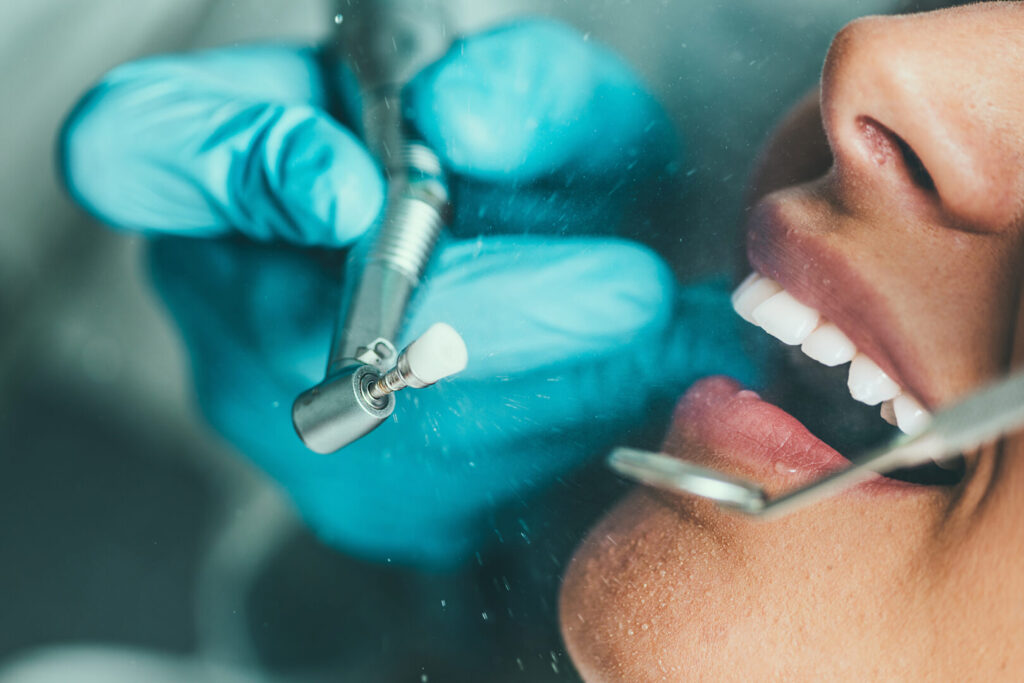
The Tooth Crown Procedure: What to Expect
Knowing the procedure helps alleviate anxiety and prepare you for the experience. The crown placement process usually takes two dental visits, although some practices offer same-day crowns using CAD/CAM technology. The crown procedure involves several steps, including tooth preparation, impressions and a temporary crown.
During your first visit, your dentist will examine and prepare the tooth for the placement of a crown. This preparation involves removing a portion of the outer tooth structure to create space for the crown material. The amount removed depends on the material chosen, as metal crowns require less reduction than porcelain or ceramic options.
After preparation, your dentist will take precise impressions of your teeth using conventional putty materials or digital scanning technology. These impressions will be the blueprint for your custom crown. While your permanent crown is fabricated in a dental laboratory, you will be given a temporary crown to protect the prepared tooth.
Your second visit, usually 2-3 weeks later, involves removing the temporary crown and placing the permanent restoration. Your dentist will check the fit, colour and bite alignment before cementing the crown.

Tooth Crown Recovery
While the procedure itself is done under local anaesthesia and shouldn’t cause pain, some discomfort during recovery is normal. Knowing what to expect helps you distinguish between normal healing sensations and potential complications.
During the temporary crown phase between appointments, avoid sticky foods and try chewing on the opposite side of your mouth to prevent the temporary crown from dislodging.
Immediately after the procedure, you may experience more sensitivity to temperature and pressure, especially if the crowned tooth has a nerve. This sensitivity usually subsides within a few weeks as your mouth adjusts to the new restoration. Over-the-counter pain relievers should be sufficient to manage this sensitivity during the adjustment period.
While mild discomfort is normal, persistent or worsening pain could indicate a bite alignment issue or underlying infection. Contact your dentist if tooth crown pain persists beyond a few days or you experience severe throbbing, swelling or fever.

Tooth Crown Cost
The cost of a tooth crown varies greatly depending on several factors. TEETH @ Tiong Bahru’s dental crown costs range from $950 to $1,600, excluding GST. Patients should consult their dentist for the exact fee, which may vary depending on clinical conditions. All metal crowns are at the lower end of the price range, while ceramic and zirconia options are more expensive due to their higher material costs.
Dental insurance may cover part of the crown cost. Coverage limitations, waiting periods and annual maximums can impact your out-of-pocket expenses. Please review your specific plan details carefully.
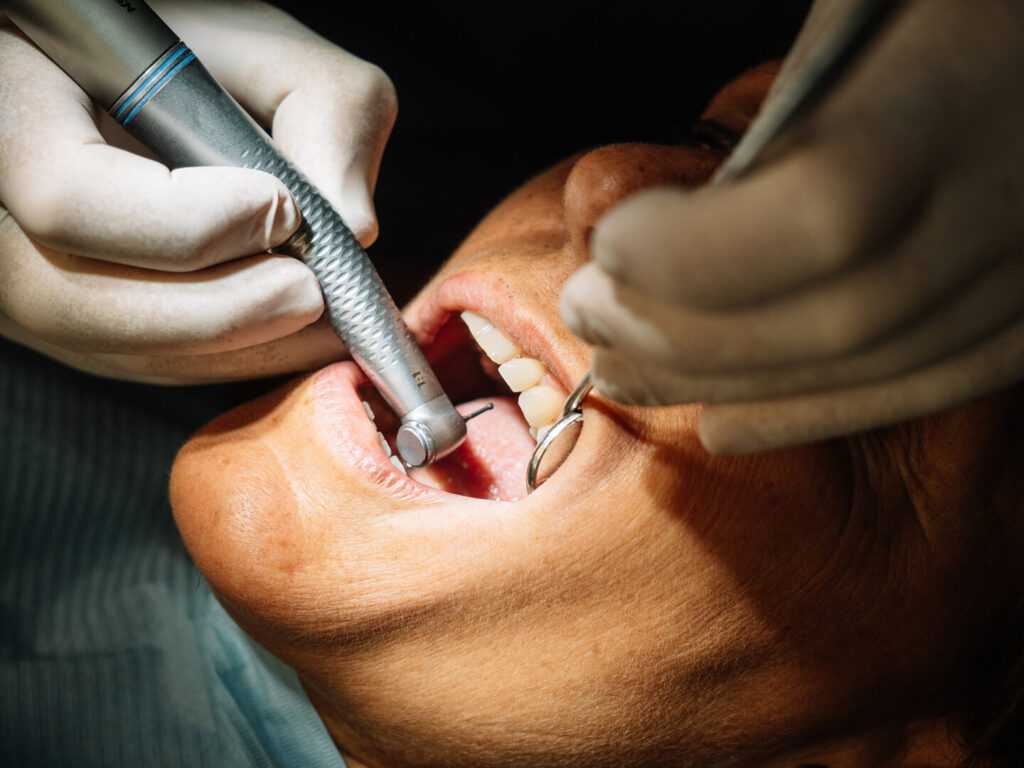
Lifespan and Maintenance of Dental Crowns
Most well-made crowns last 5 to 15 years, and many last longer with good oral hygiene. Porcelain can chip or crack under extreme forces, while metal crowns fail due to underlying tooth decay rather than material deterioration.
To maintain your crown, you must practice the same diligent oral hygiene practices as natural teeth: brushing twice daily, flossing daily (with special attention to the crown margin at the gumline) and regular dental check-ups. These appointments allow your dentist to monitor the crown’s condition and address minor issues before they become major problems.
Some habits can shorten the life of your crown. Avoid using your teeth to open packages, biting your nails, or crunching ice. If you grind or clench your teeth, consider a nightguard to protect your natural teeth and dental restorations from excessive force.
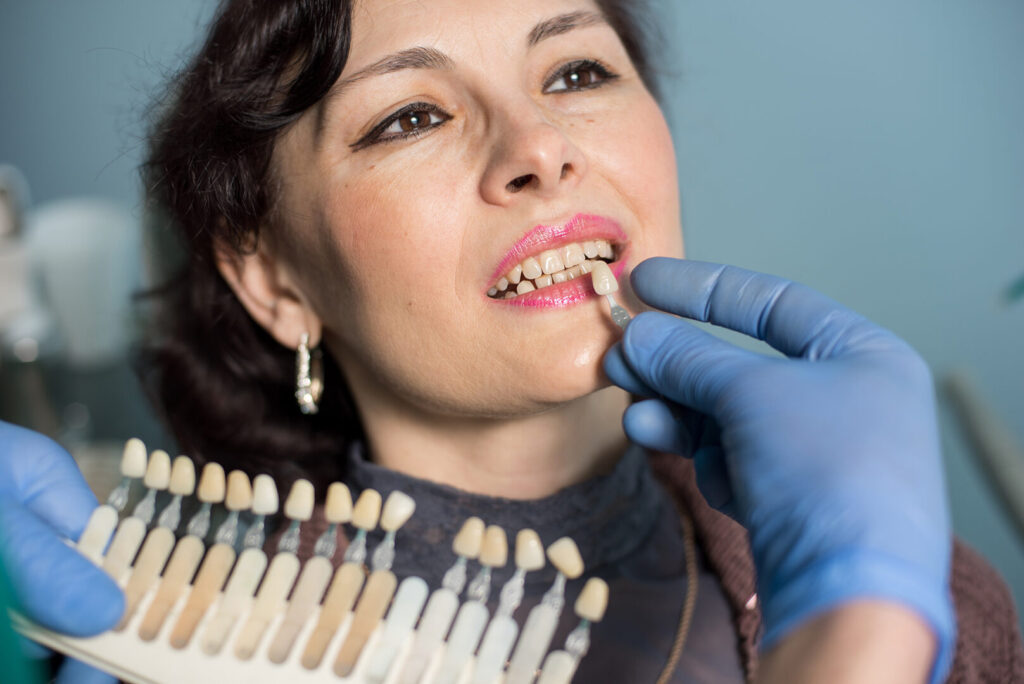
When to See Your Dentist
While dental crowns have high success rates, complications can occur. Knowing the signs helps you address problems before they affect your restoration or tooth.
See your dentist if your crown feels loose or wobbly. This could indicate cement failure or decay developing underneath the dental restoration. Pain or sensitivity that persists for more than two weeks may indicate an improper fit or bite alignment issues that require adjustment.
A chip or crack in a porcelain crown needs professional attention, even if it seems minor. If left untreated, these structural defects can harbour bacteria and lead to further damage.
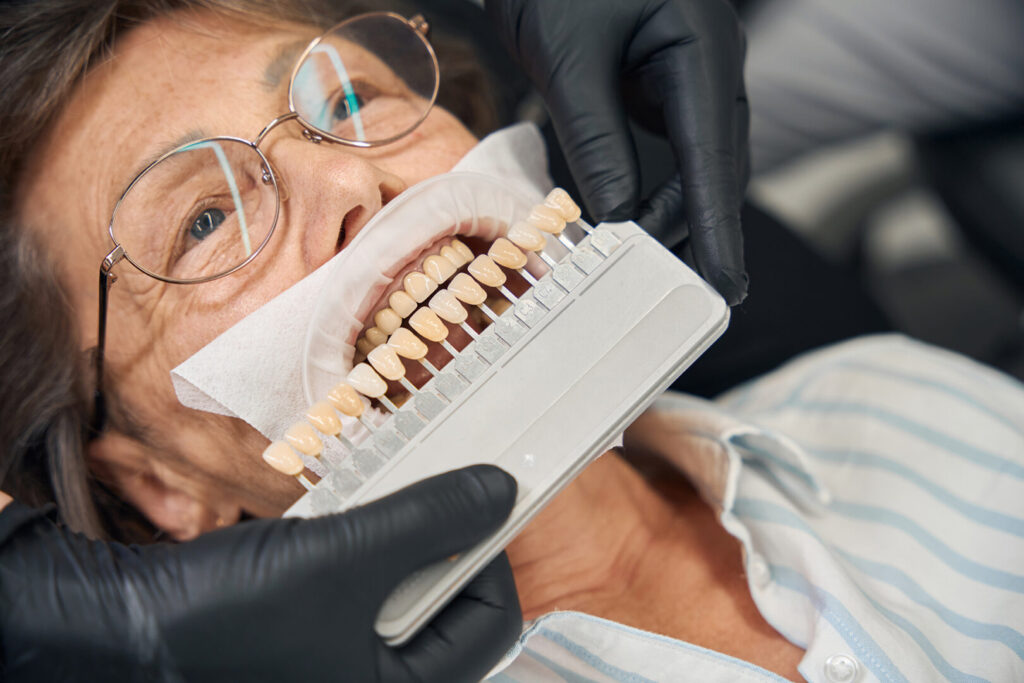
Experience Dental Crown Placements at TEETH @ Tiong Bahru
Choosing the right dentist when getting a dental crown can make all the difference in immediate results and long-term satisfaction. At TEETH @ Tiong Bahru, our team combines clinical expertise with artistic precision to create dental crowns that feel comfortable, function effectively, and resemble natural teeth.
Contact TEETH @ Tiong Bahru today to book an appointment and learn how our dental crown solutions can restore your tooth’s function, strength and appearance for years to come.

